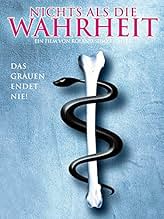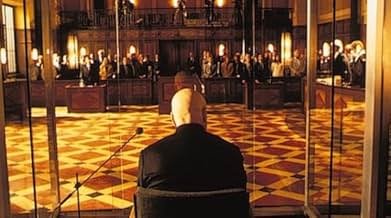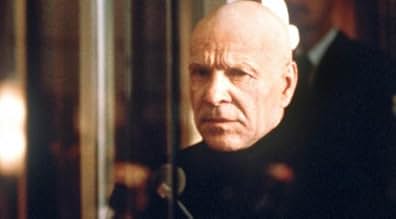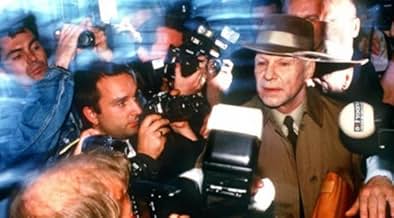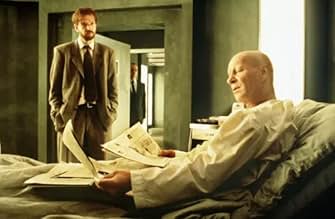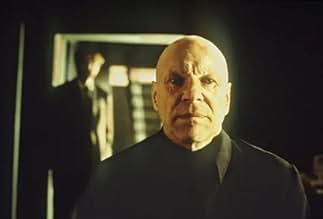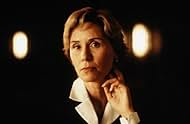Aggiungi una trama nella tua linguaThe infamous Dr. Josef Mengele - the "Angel of Death" of Auschwitz, who killed more than 300,000 people - comes back from his hideout in Argentina to Germany as a 87-year-old man. He must st... Leggi tuttoThe infamous Dr. Josef Mengele - the "Angel of Death" of Auschwitz, who killed more than 300,000 people - comes back from his hideout in Argentina to Germany as a 87-year-old man. He must stand in front of a court for his crimes. A young solicitor named Peter Rohm has to defend h... Leggi tuttoThe infamous Dr. Josef Mengele - the "Angel of Death" of Auschwitz, who killed more than 300,000 people - comes back from his hideout in Argentina to Germany as a 87-year-old man. He must stand in front of a court for his crimes. A young solicitor named Peter Rohm has to defend him, but Rohm - himself an expert on Josef Mengele and his crimes - feels unable to do this... Leggi tutto
- Regia
- Sceneggiatura
- Star
- Premi
- 1 vittoria e 4 candidature totali
Recensioni in evidenza
The film came out after Goldhagen's book "Hitler's willing Helpers" caused a moralistic frenzy which still dominates German politics 25 years later and has been dwelt upon in documentaries ever since. The static courtroom dynamic neutralizes the horrific crimes described, and the film would be much stronger if it maintained emotional distance. Unfortunately a sappy soundtrack trivializes the witness statements and the script lapses into sentimentality, but one cannot expect else from director Richter, who rose to fame with romantic comedies.
The weakest point of the film is that Mengele's special relationship with racial biology as the medical advisor of Auschwitz's Gypsy camp is not mentioned. There is testimony of Sinti survivors in the 2011 documentary "A People uncounted" which clearly proves that Mengele enjoyed torturing children, and the definitive monography on the Gypsy Holocaust "Racial Utopia and Genocide" was available at the time. While there is a lot of historical context in the script, but that makes it all the more clear that the writers did not know that particular book, which is a ruesome oversight (as is the silence on Birkenau B in general).
So this is definitely worth seeing for Götz George, one of the most underrated German actors, but neither the director nor the screenplay make full use of the film's premise. Particularly the ending is a disappointing descent into kitsch.

